AS KNOWLEDGE RECIPIENT (DEMAND)
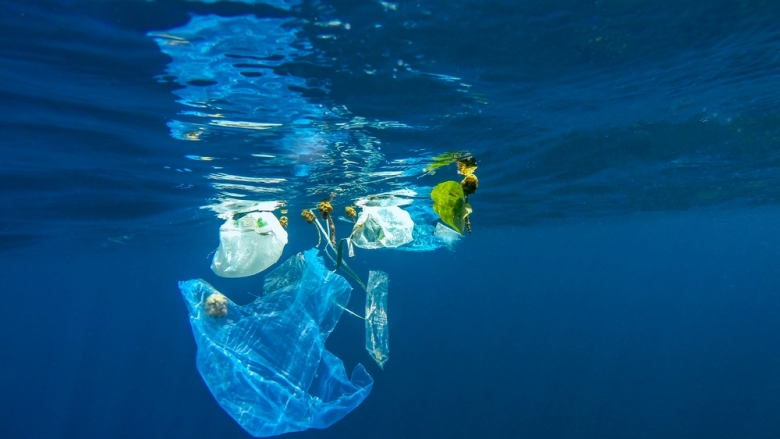
Working Regionally to Combat Plastic Pollution
From transport to health, food to construction and textiles, plastics are among the most abundant materials in our economy. Globally, the plastic industry is valued at USD 600 billion and provides employment to millions of people worldwide.
Providing country: Brunei Darussalam, Cambodia, Indonesia, Lao People's Democratic Republic, Malaysia, Philippines, Singapore, Thailand, Vietnam, Bangladesh, Bhutan, India, Maldives, Nepal, Pakistan, Sri Lanka, Benin, Cabo Verde, Cote d'Ivoire, Gambia, The, Ghana, Guinea, Guinea-Bissau, Liberia, Mauritania, Nigeria, Sao Tome and Principe, Senegal, Sierra Leone, Togo
Receiving country: Brunei Darussalam, Cambodia, Indonesia, Lao People's Democratic Republic, Malaysia, Philippines, Singapore, Thailand, Vietnam, Bangladesh, Bhutan, India, Maldives, Nepal, Pakistan, Sri Lanka, Benin, Cabo Verde, Cote d'Ivoire, Gambia, The, Ghana, Guinea, Guinea-Bissau, Liberia, Mauritania, Nigeria, Sao Tome and Principe, Senegal, Sierra Leone, Togo
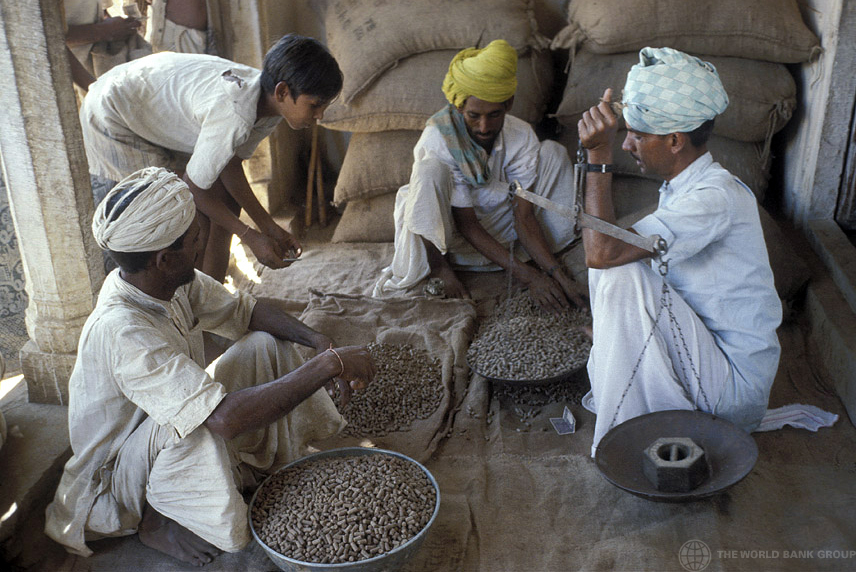
Agriculture Productive Alliances in India – Lessons from Brazil
The objective of the knowledge exchange was for the Indian delegation from Jharkhand to learn how the productive alliances approach in Brazil is improving linkages between small holders and private sector.
Providing country: Brazil
Receiving country: India
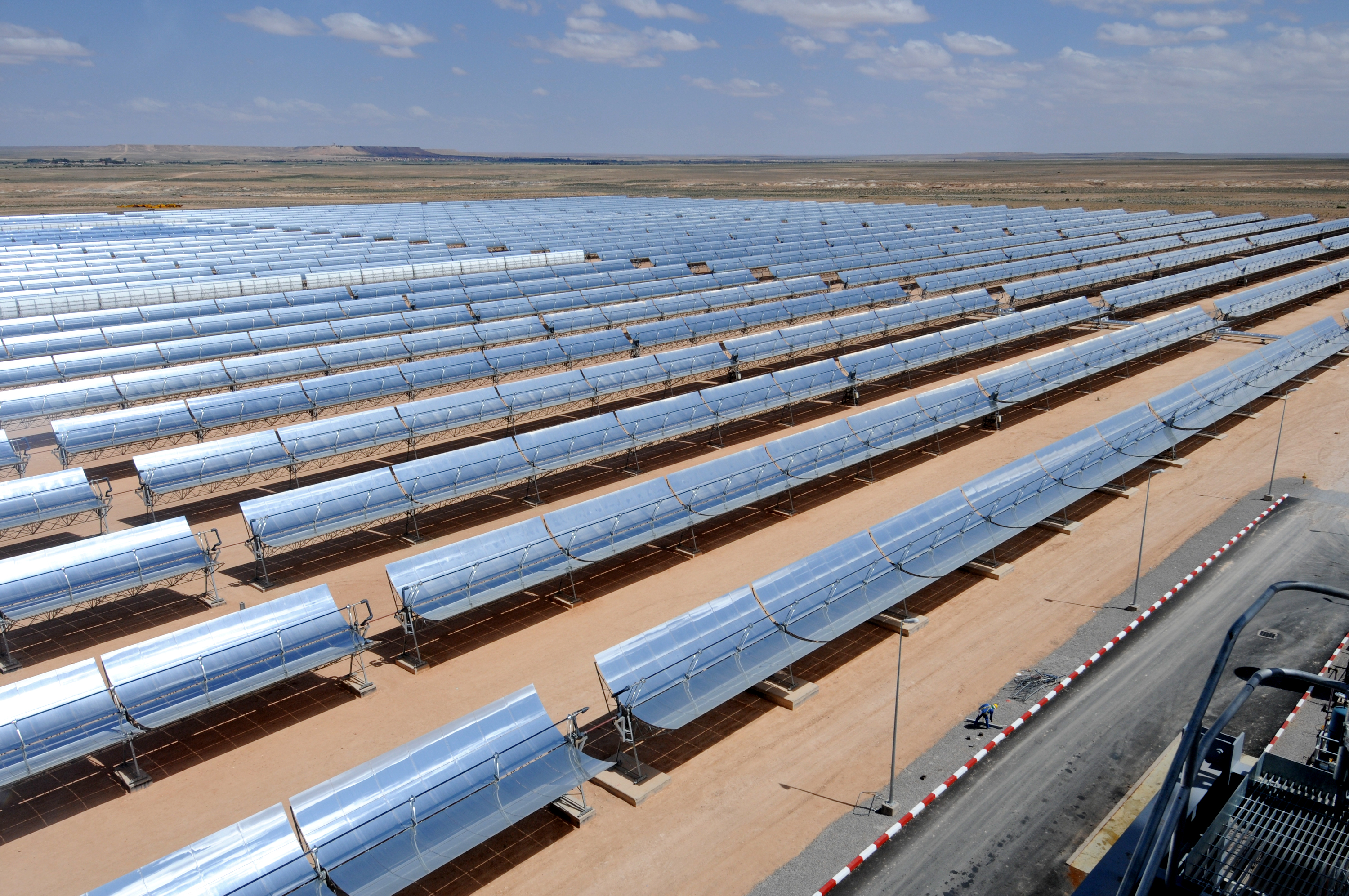
Following the Carbon for Clean Energy in Asia
Over 80% of worldwide new coal-fired power plants due to begin operating between now and 2020 will be in middle-income countries in Asia: China, India, Indonesia, Vietnam, Philippines and Pakistan.
Providing country: China, India, Indonesia, Pakistan, Philippines, Vietnam, Brazil, Mexico, Peru, Australia, Denmark, Japan, Singapore, South Africa, Korea, Republic of, Spain, United Arab Emirates, United Kingdom, United States
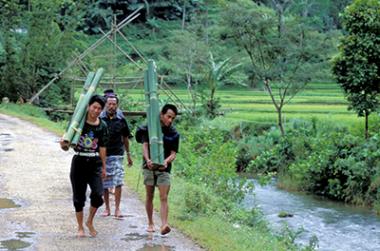
Strengthening Local Governance in India
India’s national and state governments sought to build their capacity to decentralize funding and responsibilities to local governments and monitor CDD programs providing grants to communities.
Receiving country: India
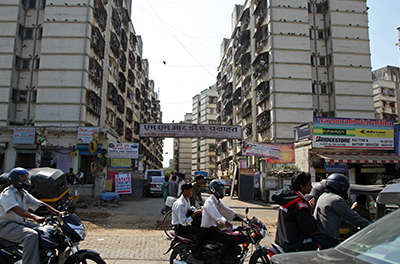
Strengthening India’s National Transport Policy
India’s economy grew at a rate of 8 to 9 percent annually over the past decade. This growth has increased the demand for transportation, as well as the need for investment in infrastructure and operation.
Providing country: South Africa
Receiving country: India
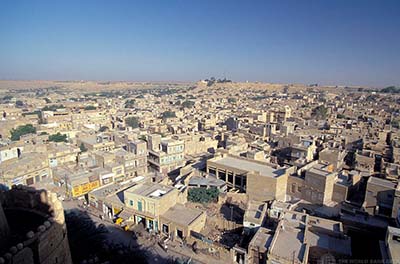
Enhancing South-South Cooperation to Reduce Urban Poverty
In 2003, India, Brazil, and South Africa signed a Trilateral Agreement (IBSA) establishing a mechanism for South-South cooperation among these countries and other developing nations to advance inclusive sustainable development and to counter marginalization.
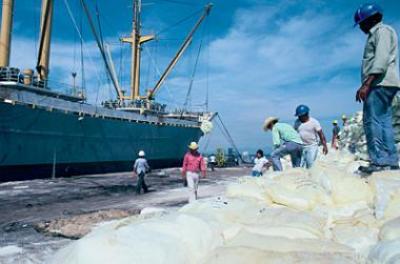
Sharing Experience in Promoting Green Growth
The state of Himachal Pradesh in India recognized the need to design its development strategy that included policies for sustainable management of natural resources and inclusive economic growth. Mexico had experience with including green growth and managing climate change into their own development agenda.
Providing country: Mexico
Receiving country: India
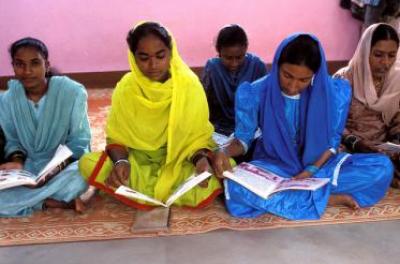
Strengthening Decentralization and Local Governance in the State of Kerala in India
What was the objective of the South-South exchange?
What has happened so far?
What results have been achieved?
Providing country: South Africa
Receiving country: India
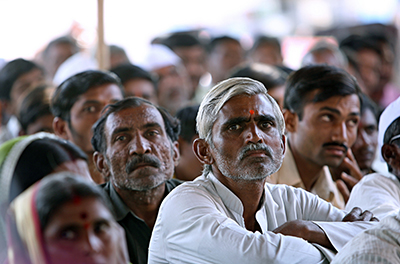
Enhancing Capacity to Improve Social Protection Strategies in Delhi
The Mission Convergence (MC) or “Samajik Suvidha Sangam” in Hindi is an initiative by the Government of the National Capital Territory of Delhi (GNCTD) that aims to alleviate poverty and improve government social programs.
Providing country: Brazil
Receiving country: India
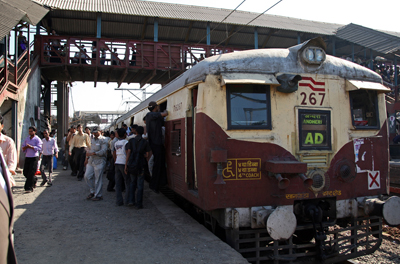
India and China Exchange Strategies to Expand Railway Networks
Indian Railways (IR) is Asia’s second largest rail system, moving some 30 million passengers and 2.8 million tons of freight daily.1 Railways are critical to both economic growth and reducing environmental impacts; and Indian officials recognized the need for a long-term strategy to expand and modernize India’s railways to meet the ne
Providing country: China
Receiving country: India
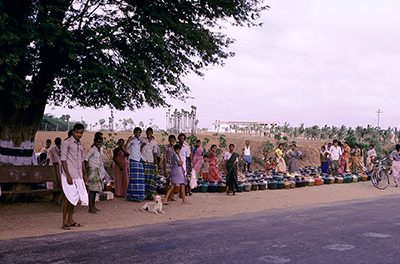
Improving Livelihoods through Investment in Rural Development, Infrastructure, and Social Services
Even while India is enjoying unprecedented economic growth, as one of the most populous countries in the world a vast number of its citizens still live below the poverty line, especially in rural areas. The government realized that dealing with this problem requires adopting best international practices.
Providing country: China
Receiving country: India
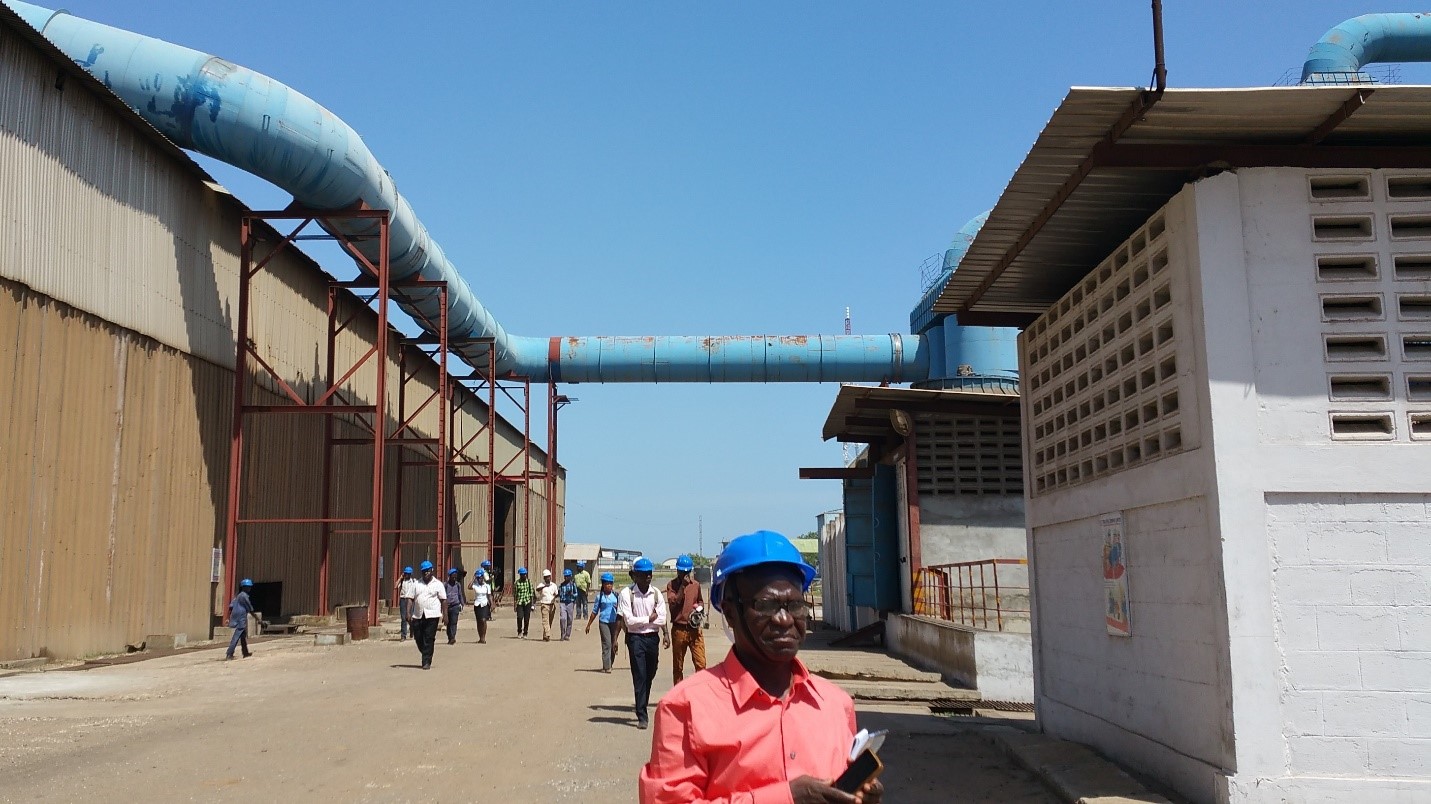
Environmental Regulation in India’s Odisha State
In 1995, with technical assistance from the World Bank, Indonesia introduced its Program for Pollution Control Evaluation and Rating (PROPER), the first such environmental rating and disclosure (ERD) initiative in the developing world.
Receiving country: India

 China
China Colombia
Colombia Denmark
Denmark India
India Indonesia
Indonesia Mexico
Mexico Russian Federation
Russian Federation Spain
Spain United Kingdom
United Kingdom